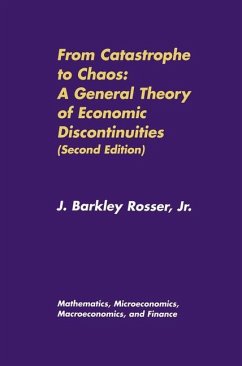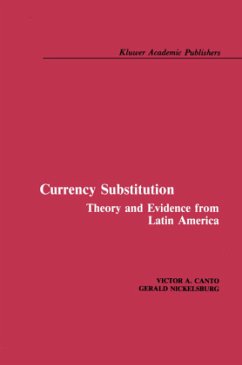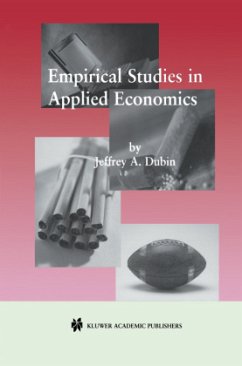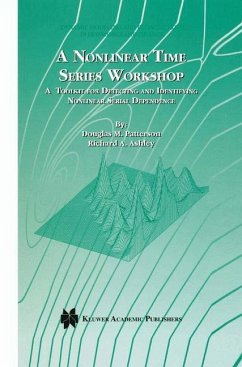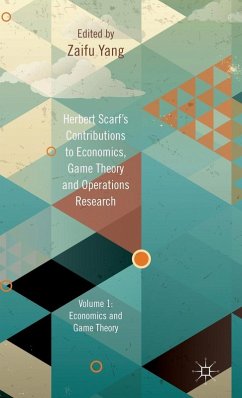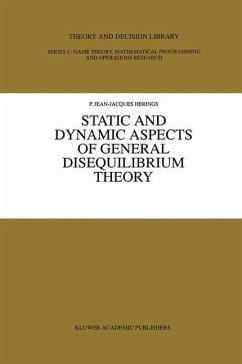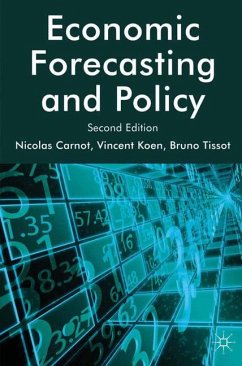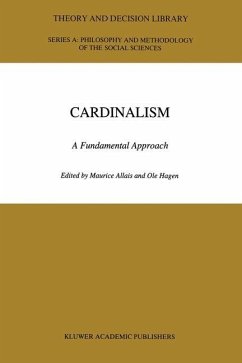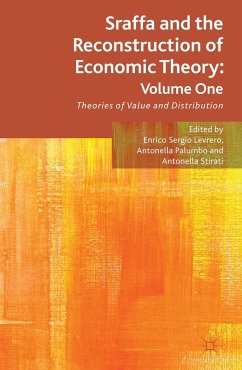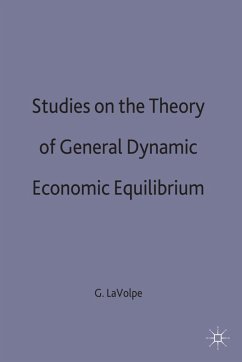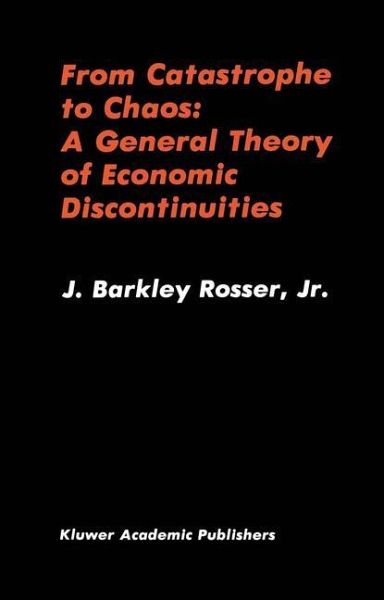
From Catastrophe to Chaos: A General Theory of Economic Discontinuities
Versandkostenfrei!
Versandfertig in 6-10 Tagen
113,99 €
inkl. MwSt.
Weitere Ausgaben:

PAYBACK Punkte
57 °P sammeln!
"Now, however, weface an Age of Discontinuity in world economy and tech nology. We might succeed in making it an age of great economic growth as weil. But the one thing that is certain so far is that it will be a period of change-in technology and in economic policy, in industry structures and in economic theo ry, in the knowledge needed to govern and manage, and in economic issues. While we have been busy finishing the great nineteenth-century economic ed ijice, the foundations have shifted beneath our feet." Peter F. Drucker, 1968 The A~e Qf DiscQntinuity, p. 10 This project has had a lQng g...
"Now, however, weface an Age of Discontinuity in world economy and tech nology. We might succeed in making it an age of great economic growth as weil. But the one thing that is certain so far is that it will be a period of change-in technology and in economic policy, in industry structures and in economic theo ry, in the knowledge needed to govern and manage, and in economic issues. While we have been busy finishing the great nineteenth-century economic ed ijice, the foundations have shifted beneath our feet." Peter F. Drucker, 1968 The A~e Qf DiscQntinuity, p. 10 This project has had a lQng gestatiQn period, probably ultimately dating to a YQuthful QbsessiQn with watershed divides and bQundaries. My awareness Qf the problem Qf discQntinuity in eCQnQmics dates tQ my first enCQunter with the capi tal theQry paradQxes in the late 1960s, the fruits Qf which can be seen in Chapter 8 Qf this book. This awareness led tQ a frostratiQn Qver the apparent lack Qf a mathematics Qf discQntinuity, a lack that was in the process of rapidly being QverCQme at that time.





